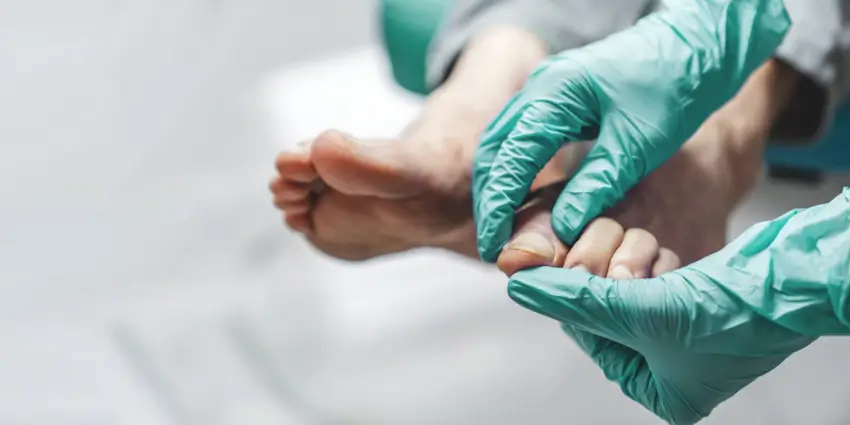You had bunion surgery. The outcome was not what you expected. In fact, you think you are worse now than before the surgery. You asked your podiatrist what happened but you are not satisfied with her answers. Maybe you spoke to your friends and family and they urged you to speak to an attorney to find out if you have any legal recourse, meaning, whether you are the victim of podiatric malpractice. You went to Google, typed in several words, and found my website. You either called me at 212-712-0008 or filled out a “new client” information form. We spoke on the phone and I offered to meet with you for an in-person interview.
What should you expect at our first meeting? What are those things you should be prepared to discuss with me? I would like to offer these suggestions and explanations to help you feel comfortable when we meet.
- You should be prepared to discuss as much as you can remember about your visits with the podiatrist. Bring your cell phone if it has your appointments, or a calendar, or your appointment cards.
- Since you had surgery I will need to know where the surgery was performed. I will need the name of the hospital or, more often, out-patient surgical facility. Many clients prepare a chronology or a list of the major events, doctors seen, and dates.
- If you received written post-operative instructions you should bring papers with you.
- Many clients already have their own records and x-rays, or even CDs with CT and MRI scans. You should bring those to our meeting.
- I will need to go over all of your foot treatment, before and after your surgery, so you will need to recall the names of other foot doctors, as best you can, you have seen, and the approximate dates if possible. If you had physical therapy I will need to know the name of the PT office.
- Your general medical history is also important to discuss. I will need to know about other medical conditions and diseases, and the names of the doctors who have treated you in the past and presently.
- Other things I need to know about are the pharmacies you have used, and addresses, especially if you have been prescribed medications relating to your foot.
- Insurance is always important. You should bring your insurance ID cards since I will need to make a copy of the front and back of each. If you have paperwork from the insurance company such as an EOB (Explanation of Benefits), bring those to our meeting.
- Cell phones: recordings, text messages, emails – all of these can be important and I will need to download anything relevant to your case.
- Photographs – I will need all photographs of your feet and that usually means the digital files. If you have photos on your phone, they can easily be emailed to me.
- If you have “medical assistive devices’ at home such as a walker, CAM boot, cane, etc., all you need to do is to take a photograph of them.
- Injury – Of course, one of the most important things we will discuss is your current injuries. With foot surgery gone bad, this usually means discussing things like your exercise routine, household chores you need to do, travel patterns, and work-related things where you need to stand or walk. Almost everyone I meet has some degree of pain. We will discuss that and where the pain is located, how often you experience it, and we usually try to discuss pain level using the 0-10 pain scale many doctors use.
- Did you follow the doctor’s instructions? One of the most common ways podiatrists defend their actions is to blame the patient, truthfully or not. However, many times things that are the patient’s fault, like a fall or getting dressings wet, amount to nothing and have no connection to your injury. You should be prepared to discuss with me anything which may constitute what they call “non-compliance.” It is better for your case that I know in advance those things you may be responsible for. Anticipating what the podiatrist and her lawyer will argue against you helps me figure out how important they are and how best to represent you.
- Lastly, if there is anything you don’t remember, or don’t have, don’t worry! Do your best and together we will make sure I have what I need to properly evaluate your case and determine if there is any merit to your claim of malpractice.
I hope this list helps you anticipate our initial discussion when we meet for the first time.


